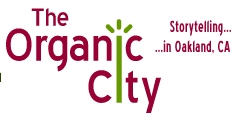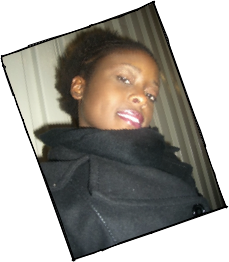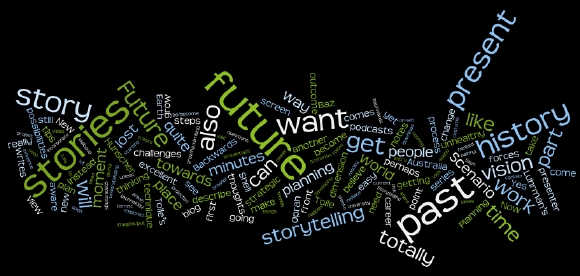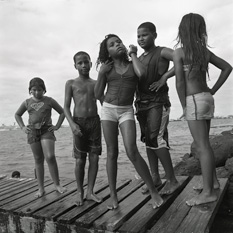I’ve been interested in entrepreneurial storytelling since I taught an entrepreneurial seminar using storytelling as the central theme.
If I were teaching it now, I might direct my students to a blog entry and podcast by author and marketing expert Lisa Johnson of Reach Group Consulting offering a framework for entrepreneurial stories:
1. Start by identifying a defining story that either highlights the market need for your business or your personal abilities.
2. Next, explain your personal connection to the business. Describe how your business allows you to use your talents, pursue your passions, and/or work with people you care about.
3. Finally, show how your background and past experiences have brought you to where you are today. What key markers affected your decision and ability to run your own business, such as trial-and-error, mistakes, serendipity, etc.
These guidelines also translate to the job-seeker telling the story of how he or she meets the employer’s needs, how he or she uses his or her passion in his or her career, and how the job-seeker has arrived at where he or she is today. Also on the subject of entrepreneurial storytelling, the office of NASSCOM (a global trade body with more than 1,200 members, of which 250+ are global companies from across US, UK, EU and A-Pac) in Chanakyapuri, New Delhi, India, holds experience-sharing talks on the second Friday of every month.
Also on the subject of entrepreneurial storytelling, the office of NASSCOM (a global trade body with more than 1,200 members, of which 250+ are global companies from across US, UK, EU and A-Pac) in Chanakyapuri, New Delhi, India, holds experience-sharing talks on the second Friday of every month.
> The idea is to get people from emerging companies to share their best practices in the areas of technology, marketing, business strategy, entrepreneurship etc., so that others could learn from them without having to reinvent the wheel.
No need to travel to New Delhi if you live far away, however; NASSCOM archives the sessions.
Yet another posting about entrepreneurial storytelling is from a blog post in MarketingDeviant by David Kam:
> Practice on telling a good story about your business (how it started, why you are doing it and the twist and turns of your business) because many legends and old stories have survived due to great storytellers. A good story about your business makes it very marketable. Pave a way of success through storytelling about your business.








